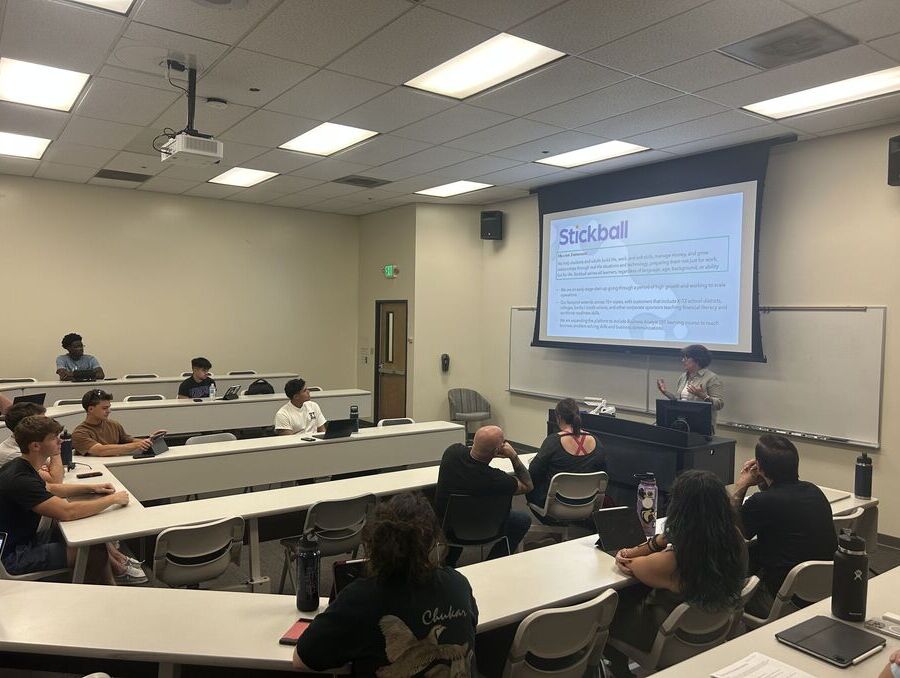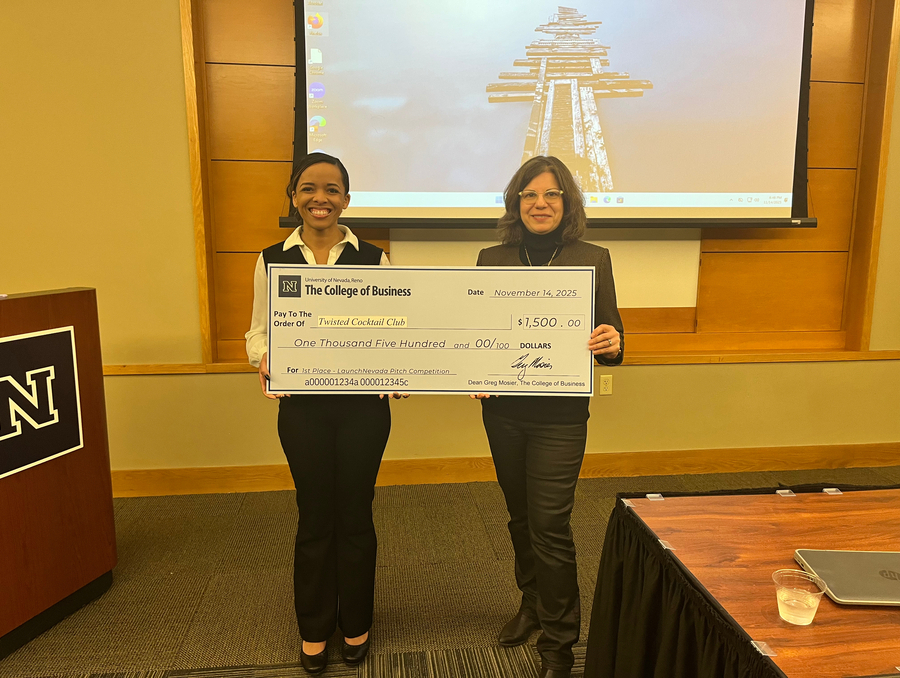When it comes to money, most of us like to believe we are guided by personal preference and maybe a bit of expert advice. But what if even something as fundamental as your risk tolerance — how much you’re willing to gamble — could be swayed by something as subtle as social cues?
A new study from the College of Business at the University of Nevada, Reno, suggests just that. While we might shrug off a single friend’s risky investment, we’re much more likely to take the plunge if we think lots of other people are doing the same.
"Despite the endless stream of financial advice from friends, influencers, and media outlets, we still know surprisingly little about how others’ choices shape our own risk-taking behavior,” said Armina Karapetian, a teaching associate professor in the university’s marketing department and first author of the study. “We wanted to understand how social norms affect individual financial decisions — especially under uncertainty.”
To do that, the research team ran a series of three experiments, two online and one in-person, asking nearly 1,000 participants to choose between low-risk and high-risk lottery options. But there was a twist: participants were told how previous people had chosen. The results were striking.
When told that 55 percent or more of previous participants had chosen the risky path, people were significantly more likely to follow. But if only 10 percent had taken the risk, most participants played it safe. Curiously, when told that almost everyone, say, 90 percent or more, had taken the risk, the effect faded. The crowd’s influence seemed to hit a sweet spot: big enough to seem compelling, but not so overwhelming as to trigger skepticism.
“It seems we’re more likely to follow the crowd, but only when that crowd feels credible,” Karapetian explained. “Too few, and it doesn’t feel like a trend. Too many, and it stops feeling real.”
These findings challenge classical economic models like Expected Utility Theory, which assume that people make decisions based solely on individual preferences. Even behavioral models like Prospect Theory don’t account for this kind of peer influence. But newer theories that incorporate social norms may better capture the complexity of human decision-making.
The takeaway? Your financial choices might not be as independent as you think.
“Whether you're buying stocks, choosing insurance, or betting on a startup, your appetite for risk might be shaped by what you think others are doing — especially if those others feel relatable, and their behavior feels just bold enough to be worth emulating,” Karapetian said.
The study, soon to be published in Experimental Economics, highlights the subtle but powerful ways social information nudges our financial behavior.
“Ultimately, being aware of these influences can help individuals make better, more informed investment decisions,” Karapetian added. “It’s not just about what others are doing, it’s about understanding why their behavior affects yours.”
University collaborators with Karapetian on the paper were James Sundali, professor of strategic management; Federico Guerrero, associate professor of economics; Alexis Hanna, assistant professor of management; and Garret Ridinger, associate professor of management.
















